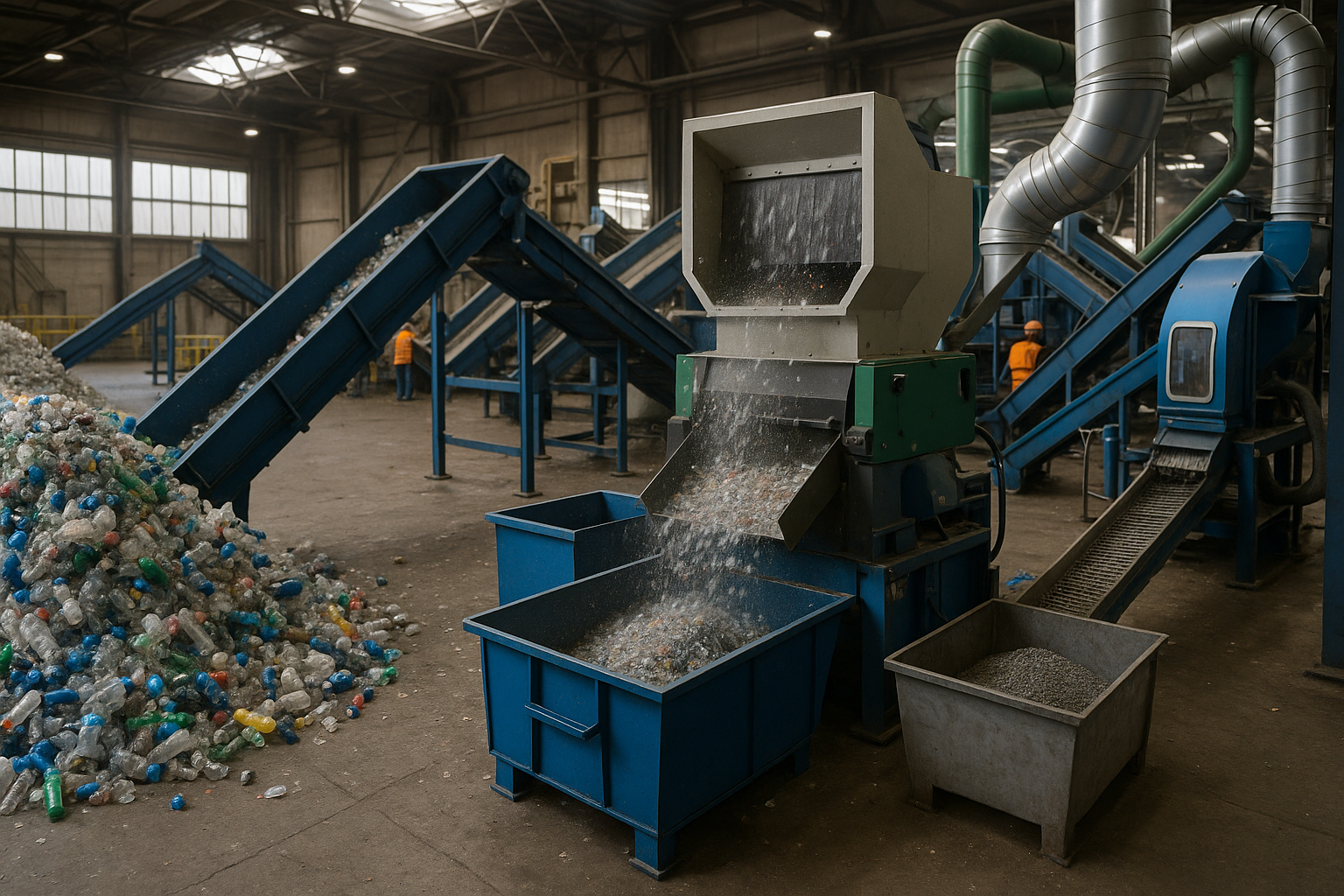Sustainability in Plastic Industry Transforms Global Manufacturing Magic
If you're ready to explore how sustainability in the plastic industry is revolutionizing global manufacturing, you can browse options that showcase innovative solutions and eco-friendly practices transforming the market landscape.

The Evolution of Sustainability in the Plastic Industry
Sustainability has become a pivotal force in reshaping the plastic industry, driven by both environmental concerns and economic opportunities. As consumers demand greener products and governments enforce stricter regulations, companies are increasingly investing in sustainable practices to reduce their carbon footprint and enhance their brand reputation. This shift is not just about compliance; it’s a strategic move that opens new markets and reduces long-term costs. By adopting sustainable methods, companies can significantly decrease waste, lower energy consumption, and improve their overall efficiency.
Innovative Materials and Technologies
One of the most significant advancements in sustainable plastic manufacturing is the development of biodegradable plastics. These materials are designed to break down more quickly than traditional plastics, reducing the environmental impact of waste. For example, polylactic acid (PLA) and polyhydroxyalkanoates (PHA) are gaining traction as viable alternatives to conventional plastics due to their compostable nature1.
Moreover, the industry is witnessing a surge in the use of recycled plastics. Companies are investing in advanced recycling technologies, such as chemical recycling, which allows plastics to be broken down to their molecular level and reused in the production of new materials2. This not only helps in reducing the demand for virgin plastics but also minimizes the environmental footprint associated with plastic production.
Economic Benefits and Opportunities
Embracing sustainability in plastic manufacturing is not just an ethical choice but a financially savvy one. Companies that invest in sustainable practices often see a reduction in operational costs through improved energy efficiency and waste management. For instance, by optimizing production processes and utilizing renewable energy sources, manufacturers can significantly lower their energy bills.
Furthermore, the demand for sustainable products is on the rise, creating lucrative opportunities for businesses that can meet this consumer preference. Companies that position themselves as leaders in sustainability can tap into new markets, attract environmentally conscious consumers, and even command premium pricing for their products3.
Challenges and Future Outlook
Despite the promising advancements, the transition to sustainable practices in the plastic industry is not without challenges. High initial costs and the need for technological innovation can be barriers for some companies. Additionally, there is a need for robust infrastructure to support recycling and composting efforts.
However, as technology continues to evolve and the cost of sustainable materials decreases, these challenges are expected to diminish. Governments and industry leaders are increasingly collaborating to create policies and incentives that encourage sustainable practices, further accelerating the shift towards a more sustainable future4.
The transformation towards sustainability in the plastic industry is not just a trend but a necessary evolution. By exploring sustainable options and adopting innovative technologies, businesses can not only mitigate their environmental impact but also unlock significant economic benefits. As you explore these opportunities, consider how sustainable practices can enhance your business strategy and contribute to a greener future.